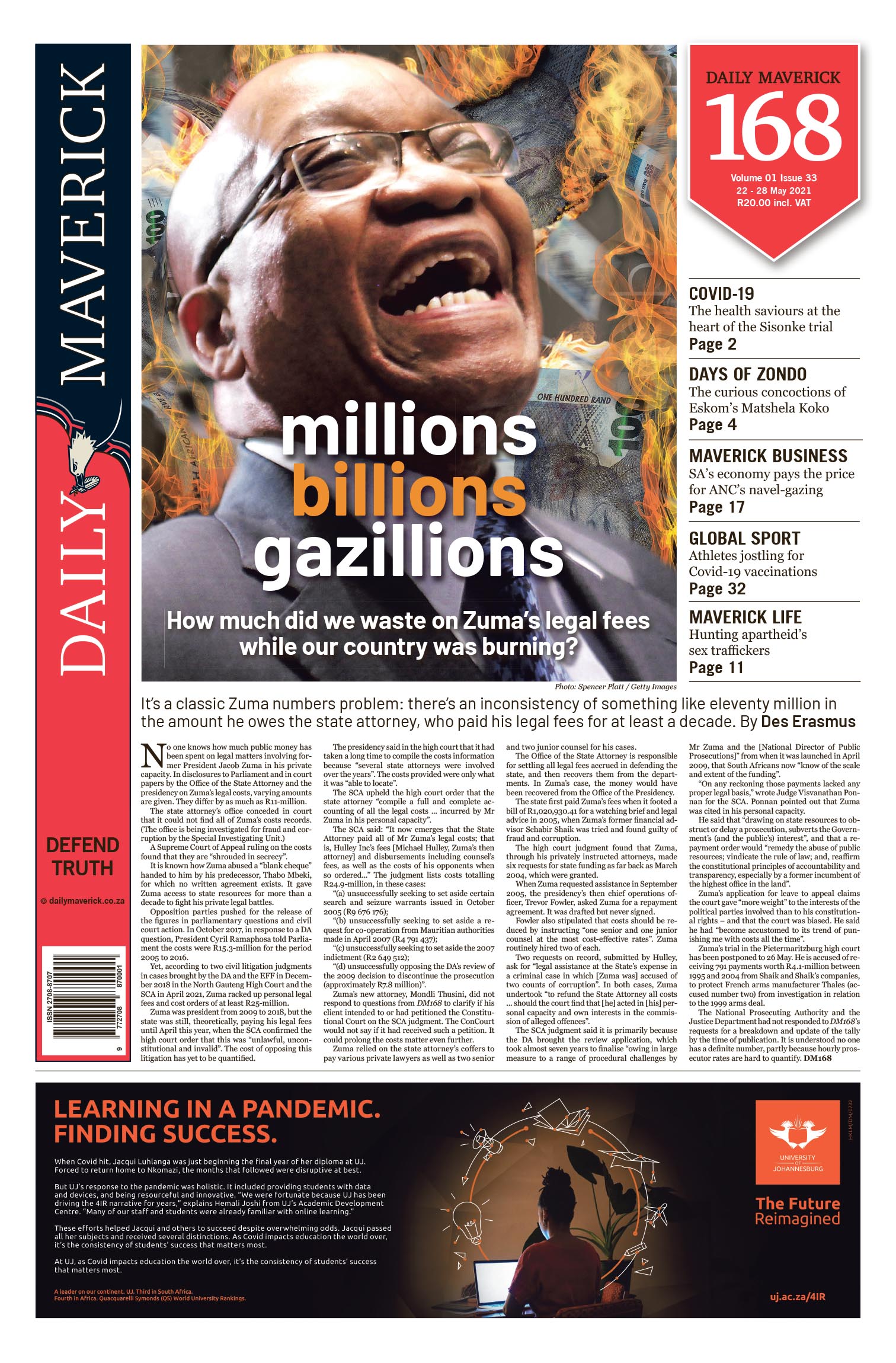First published in the Daily Maverick 168 weekly newspaper.
Answer: Before last year’s lockdown, my answer to this question would have been very easy –put the money into your bond.
Interest rates have fallen massively, however, and the stock market, which had been lethargic for five years, seems to have sprung to life. This makes the answer to your question a lot more complicated and we need to do some calculations.
I don’t know enough about your personal situation to give a definitive answer. What I will do is sketch a couple of options for you so that you can make an informed decision.
Debt
Getting rid of debt is always a good strategy. But you need to make sure that you’re getting rid of the most expensive debt. If you are carrying credit card debt, the interest rate here will typically be higher than the interest rate on your home loan. It would therefore make financial sense to put some of your windfall into your credit card rather than your home loan.
I would suggest that you list all the items of debt that you have with their attendant interest rates. The most expensive debt item in terms of interest rate would be the benchmark that you would use to measure your other options.
Investments
Over the past six months, the All Share Index grew by 24%. Many investment advisers are predicting decent growth over the next year. You now have a dilemma – the potential growth in the market could be quite a bit better than the interest rate on your home loan. Do you invest in the market or do you pay off your bond?
There are no guarantees here, so you have to make an educated decision. If you believe the investment growth will be better than your bond rate then go the route of the investment. If you are going to invest the money then you need to decide where to put it. There are a couple of options open to you.
Unit trusts offer an easy way of investing in the share market. You have a large range of options open to you. You can, for example, invest in funds that specialise in particular sectors or you can invest in funds that track the market. It is also easy to cash in this investment when the time comes to reduce your home loan.
A discretionary investment plan is another option to consider, which also allows you to invest in wrap funds. These wrap funds are starting to come into their own, under current conditions.
When market conditions are fairly stable, it often makes sense to go for an investment that tracks the market. The additional fees that you would be paying an active fund manager are not always reflected by a similar or better increase in return. My standard recommendation to clients when the market is flat is to go for a tracker fund because it is cheap and does the job.
Since the market collapse last year, many of the active managers are starting to deliver real value. Choosing the right active manager is not an easy task and laypeople will typically go for well-known companies and miss an up-and-coming manager.
This is where a wrap fund comes into its own. The wrap fund has a qualified fund manager who researches active managers, negotiates discounts in fees and manages the investment portfolio. This is a great way to get decent active management at a discount.
There is certainly a case to be made for using a wrap fund as part of a discretionary investment plan. Remember to take tax into account. Your investments may attract tax, whereas the return from reducing debt is effectively tax free.
If you are over 55, consider investing in a retirement annuity (RA) because you get a tax break on your contributions. If, for example, you pay tax at a rate of 40%, a R100,000 investment in an RA will effectively cost you R60,000. If, in years to come, the RA has a value of under R257,000 you can withdraw the full amount and pay that into your bond when interest rates start to rise.
There are a number of options open to you. A decent financial planner can help you do the necessary calculations to choose the one that is most appropriate for your needs. DM168
This story first appeared in our weekly Daily Maverick 168 newspaper which is available for free to Pick n Pay Smart Shoppers at these Pick n Pay stores.

















 Become an Insider
Become an Insider
Comments - Please login in order to comment.